The Moustached Journalist says;
In the dynamic and fiercely competitive landscape of the Nigeria Premier Football League (NPFL), privately owned football clubs often find themselves grappling with a multitude of challenges and left with little or no equitable and supportive mechanism rather than strive to overcome these obstacles in a league fraught with myriad complexities.
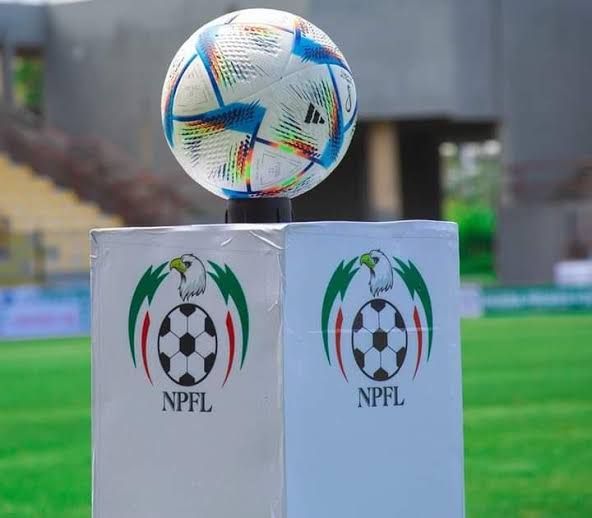
Unlike their state-funded counterparts, these clubs must navigate financial constraints, infrastructural inadequacies, and systemic biases, all of which threaten their consistency and survival.
Before Remo Stars became a household name in the Nigerian football circle, they had to go through the needle’s eye a hundred times and more. The Rome that we behold today was not built in one day; this brilliant architecture cost donkey years of painstaking efforts and huge capital investments.
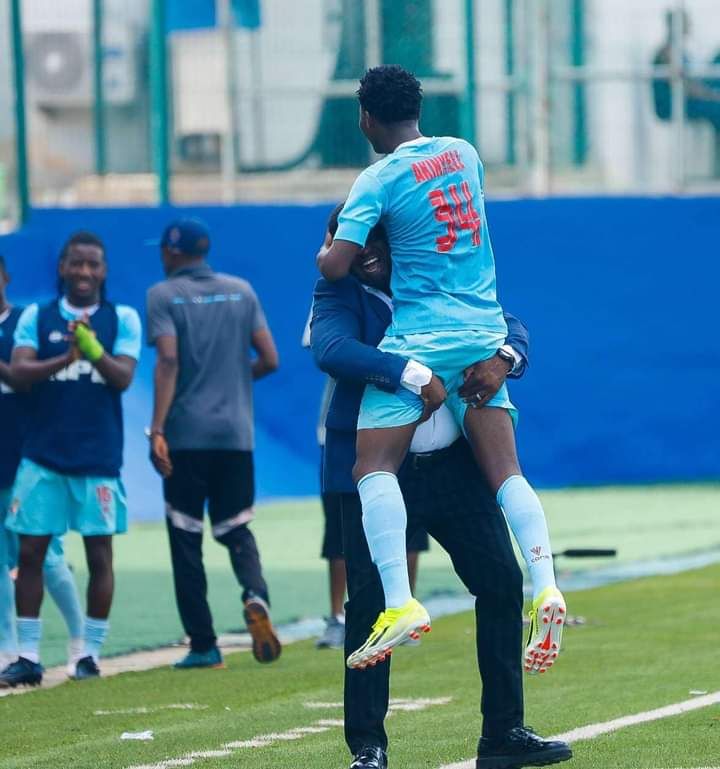
Founded in 2004 by Hon. Kunle Soname, Remo Stars started as FC Dender, a modest football club in Ikenne, Ogun State. The initial years were characterized by limited resources and the daunting challenge of competing against more established teams.
In these nascent stages, the club primarily focused on developing local talent, a strategy that laid the foundation for its future successes. Competing in the lower divisions of Nigerian football was no easy feat and faced with numerous obstacles.
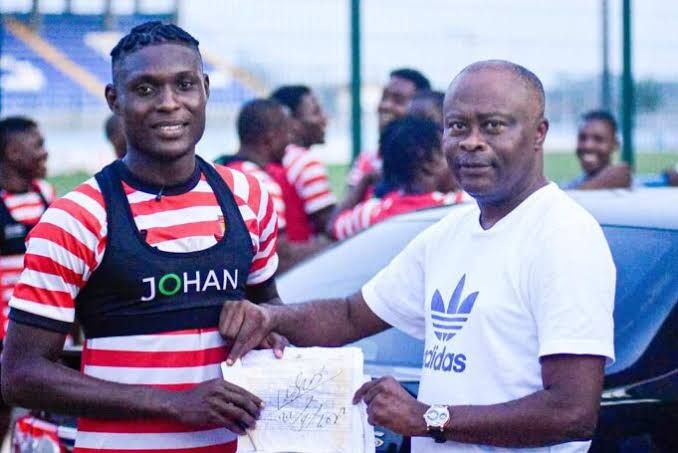
Despite these challenges, the Sky Blue as commonly known remained steadfast in their pursuit of excellence from their days of navigating the turbulent waters of Nigerian football’s lower divisions to emerging as a prominent force in the Nigerian Premier League.
However, privately-owned football clubs in the NPFL face a myriad of challenges that threaten their consistency and sustainability compare to their state-funded counterparts in the Nigeria’s elite division.
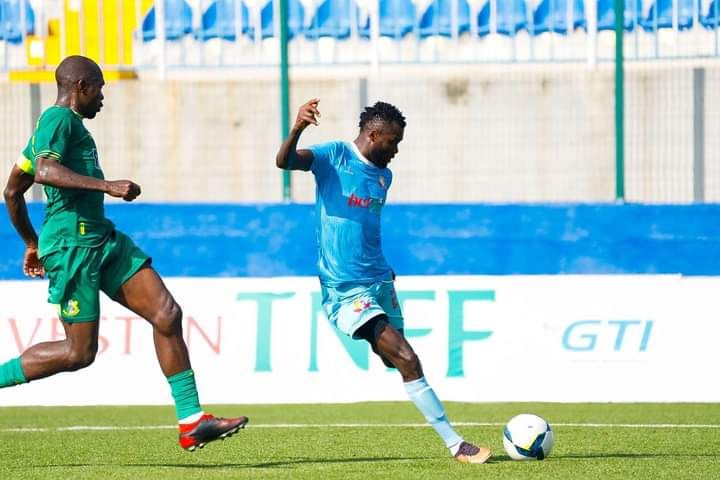
These issues range from economic instability and inadequate infrastructure to governance and administrative hurdles illustrating the broader issues that privately-owned clubs encounter in the NPFL, where clubs like Ifeanyi Ubah FC, Giwa FC, Ikorodu United, and MFM FC were unable to build and sustain long-term success due to the significant difficulties and the hostile environment.
Sporting Lagos, however, was established in 2021 by entrepreneur and investor Shola Akinlade, with the vision of creating a sustainable and community-driven football club.
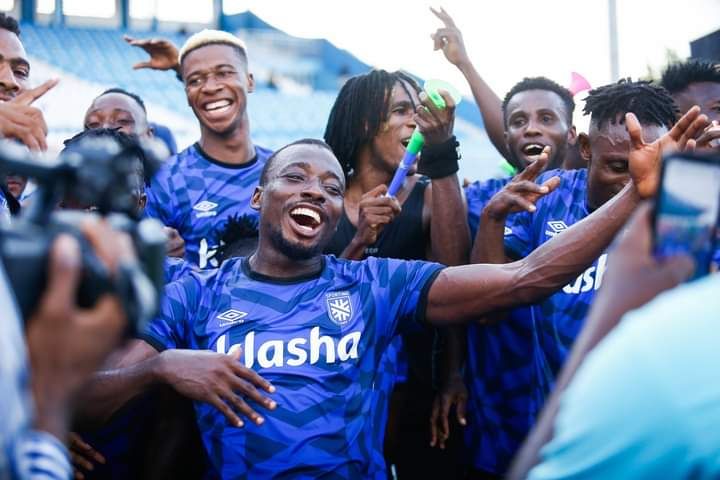
The team quickly ascended the ranks of Nigerian football, capturing the imagination of local fans with their energetic style of play and community-focused initiatives.
Their promotion to the NPFL in the 2022/23 season was a testament to their rapid progress and potential. The journey to the top tier of Nigerian football was marked by strategic planning and community engagement.
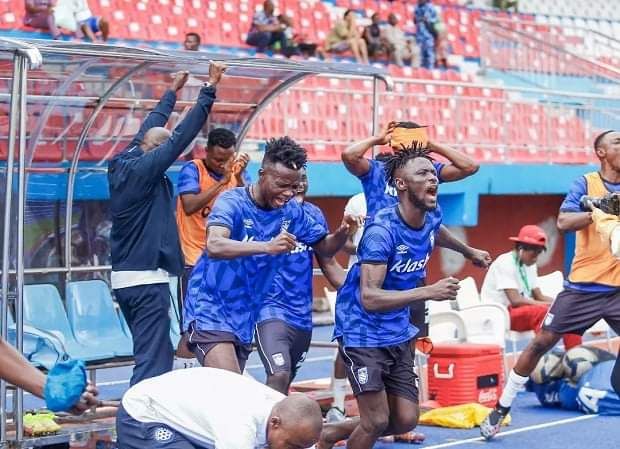
The club emphasized nurturing local talent and providing a platform for young players to showcase their skills with the formulation of an academy.
This approach resonated with Lagos’s vibrant and football-loving populace, fostering a deep connection between the team and its supporters.
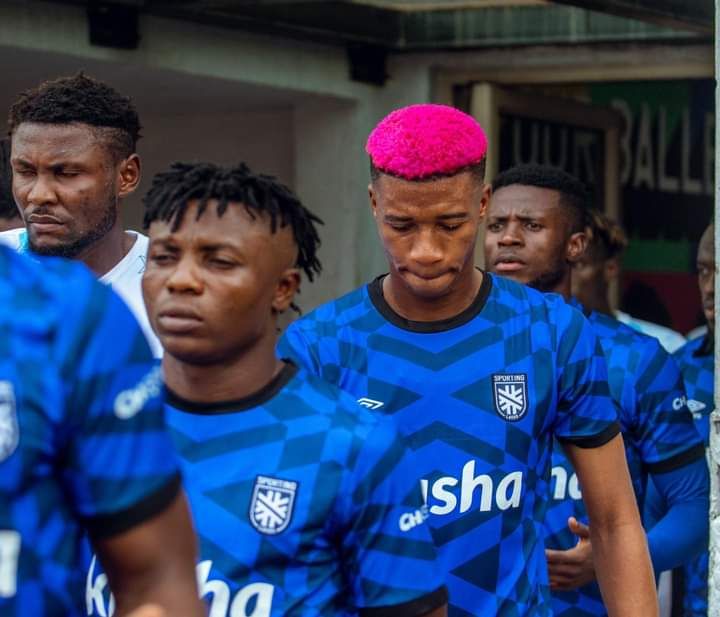
Founded with aspirations to bring top-tier football back to Lagos, Sporting Lagos quickly garnered attention even far beyond the bounds of their settlement.
They entered the NPFL with vigor and ambition, attracting local fans and talents eager to see a Lagos team thrive in the league.
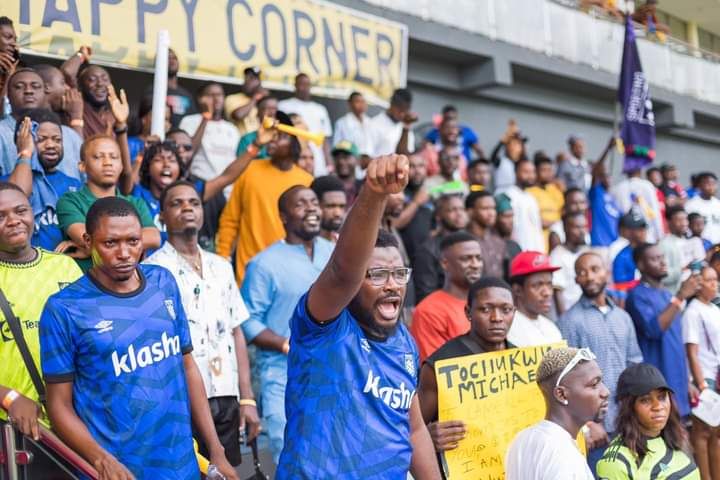
Sporting Lagos, once a beacon of hope for football enthusiasts in the bustling metropolis of Lagos, has recently faced a dramatic fall from grace with their relegation to the second-tier division after a 1-0 defeat on the road to Shooting Stars Sports Club in the curtain closer of the just-concluded season.
The club’s relegation to the Nigeria National League (NNL) has not only stunned its supporters but has also left a significant void in the city’s football landscape.
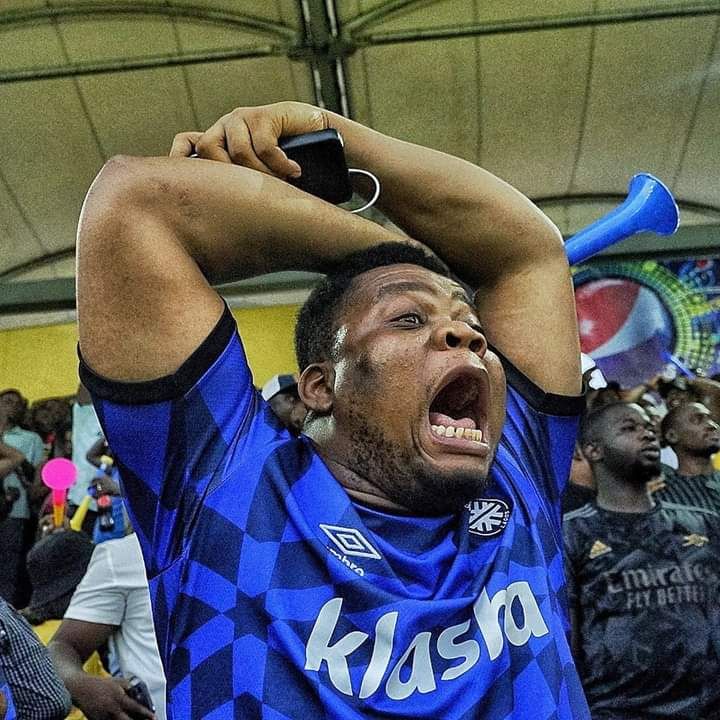
Famously nicknamed the Noisy Lagosians, Sporting Lagos enjoyed a promising start, with their debut season marked by competitive performances and a strong fan base.
Their matches at the Mobolaji Johnson Arena, (formerly known as Onikan Stadium) became a symbol of hope for Lagos football enthusiasts.
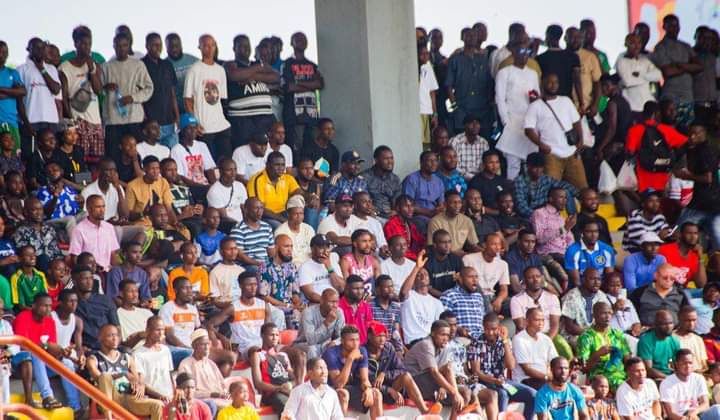
The club’s rapid rise was seen as a renaissance for Lagos football, providing a platform for local players and engaging the community in the beautiful game.
Despite their promising start, their tenure in the NPFL was fraught with challenges, especially on the field coupled with the fact that the club’s management had to bring in a new tactician to take over towards the tail end of their topflight journey.
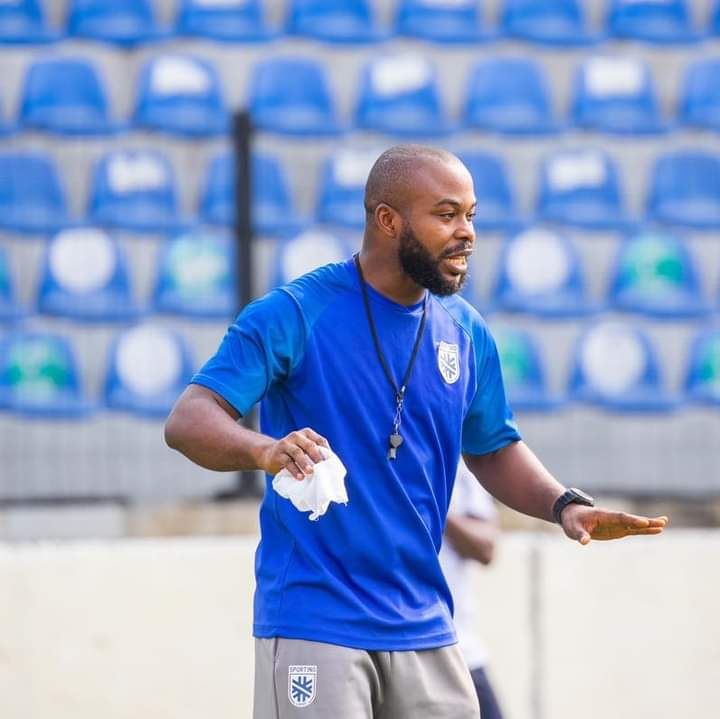
Alas, their relegation at the end of the 2023/24 season was a bitter pill to swallow for fans and stakeholders alike which has left a noticeable void in the footballing ecosystem of Lagos.
The city, known for its passionate football fans and rich sporting culture, now faces the challenge of finding a new focal point for its football aspirations.
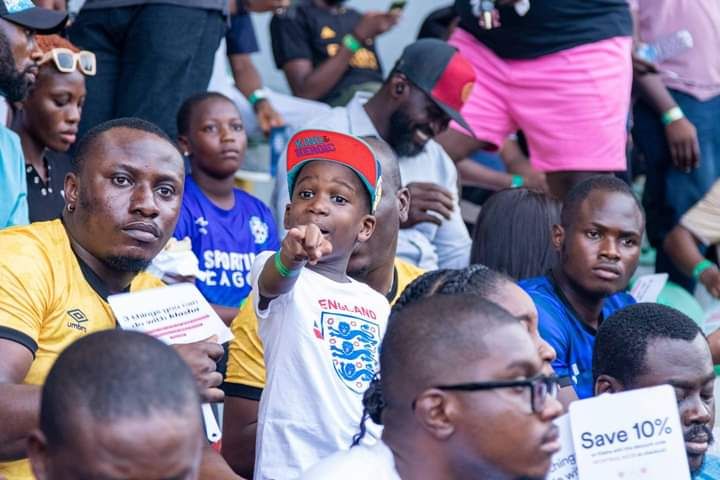
The story of Sporting Lagos is a poignant reminder of the volatile nature of football. From their meteoric rise to the heartbreak of relegation, the club’s journey encapsulates the highs and lows that are intrinsic to the sport.
As they regroup and prepare for life in the Nigeria’s penultimate football league next season, the hope remains that Sporting Lagos can once again rise to prominence, inspiring their fans and reigniting the football passion in Lagos.
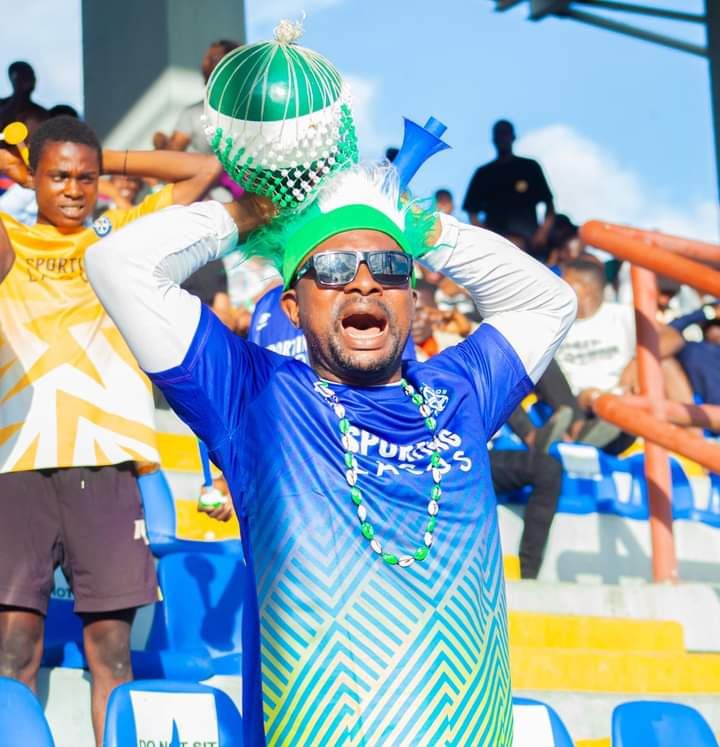
For now, the city’s football landscape remains in a state of flux, eagerly awaiting the next chapter of professional league football in the iteration of Ikorodu City FC who will continue its rich sporting history.
As the dust settles from the 2023/24 NPFL season, Lagos, a city with a rich football heritage, finds itself at a crossroads. However, just as the city grapples with this setback, a new dawn emerges concurrently with a new club set to debut in the Nigeria’s elite football league.
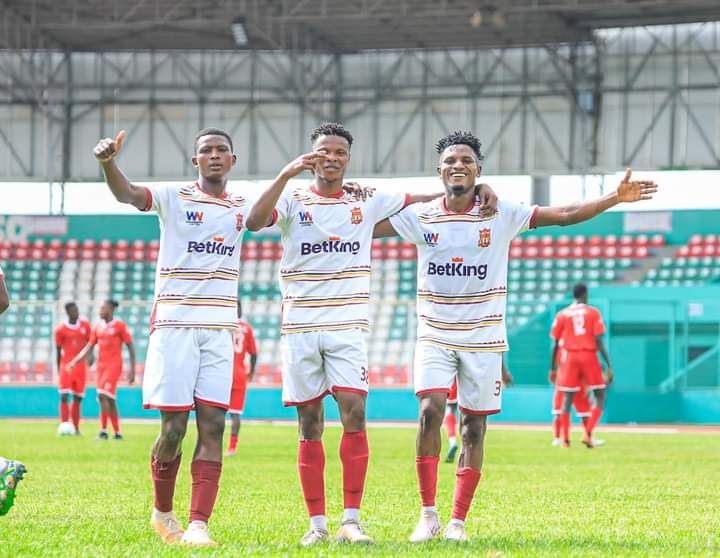
Meanwhile, the relegation of Sporting Lagos may have left a void in the local football scene, creating a palpable sense of loss among the city’s passionate fans and the nationwide football community.
In spite of the expectations surrounding Ikorodu City FC, commonly known as Oga Boyz in its first NPFL season, is poised to seize the opportunity to become Lagos’s premier football club as they aim to fill the football vacuum in one of Nigeria’s largest cities.
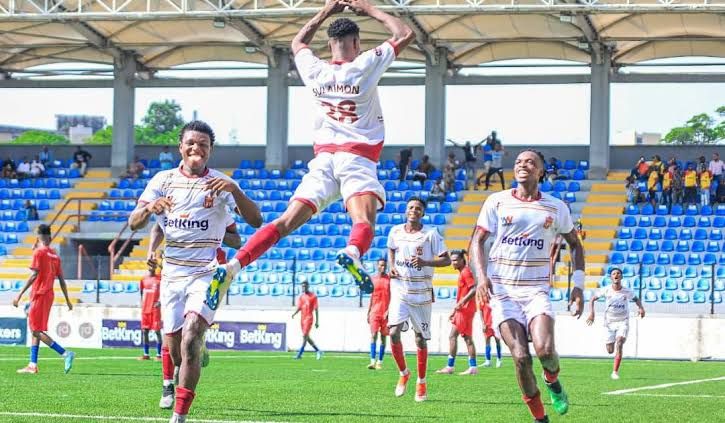
Another notable privately owned football club that suffered the drench of the NPFL was Doma United, a Gombe State-based corporate team had a sophomore season marked by significant management issues and on-field struggles that culminated in their relegation to the NNL.
Doma United faced considerable challenges off the pitch, primarily related to financial mismanagement that dwindle their performances, especially on the pitch.

Early in the 2023/24 season, they continued to ride this wave, reaching as high as second-place on the league table by December 2023. This strong start saw them as a team with ambitions of competing in continental competitions.
However, the new year brought a dramatic downturn in their fortunes. Starting from January 2024, Doma United’s form took a nosedive.
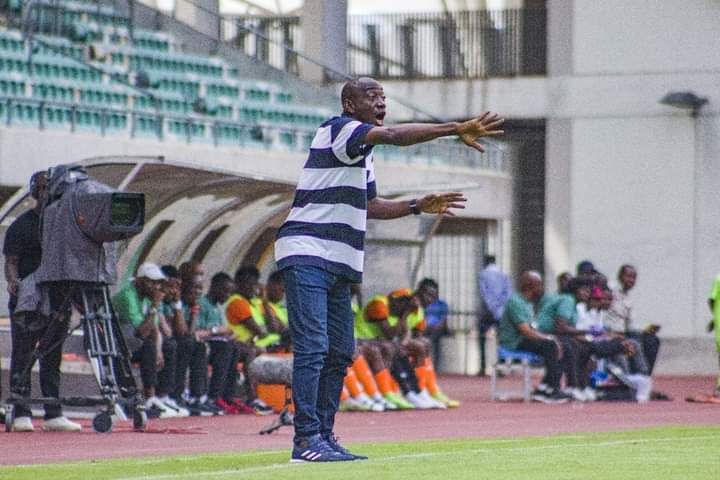
They managed only three wins in their last 21 matches, coupled with 12 losses and six draws. This poor run included a series of home and away defeats that saw them sliding down the table steadily.
Their on-field issues were compounded by a significant road accident, which, although not resulting in fatalities, further disrupted the team’s focus and performance.
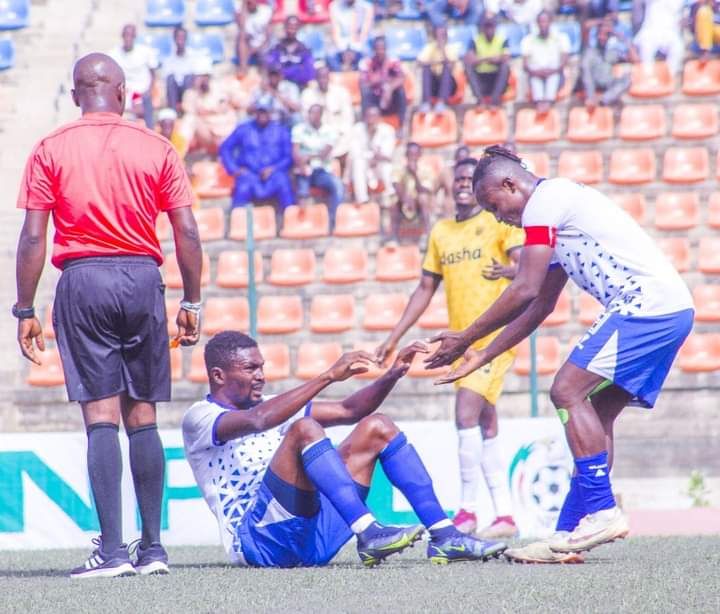
Reports surfaced in June 2024 that the players were owed two months’ worth of salaries, sparking rumours of a potential strike just before a crucial match against Sunshine Stars.
These financial woes not only disrupted team morale but also underscored broader systemic issues within the club’s administration.
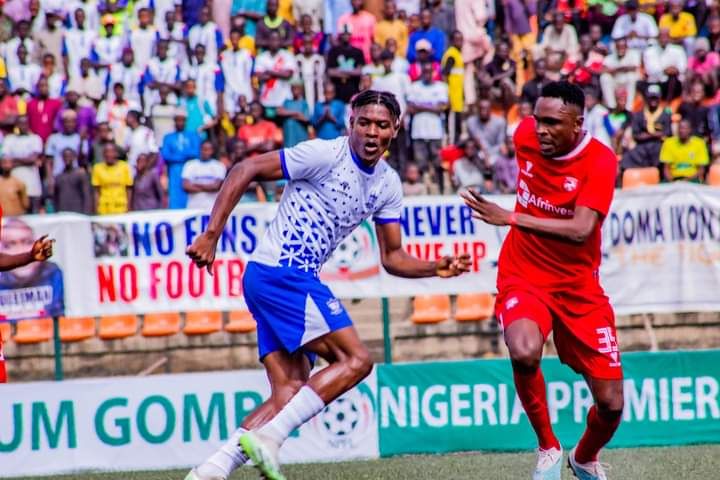
In response to the growing unrest, the Club’s President/Owner, Alhaji Sulaiman Umar, repeatedly reassured fans and players of their commitment to resolving these financial disputes and focusing on survival in the NPFL.
However, these promises seemed insufficient to stabilize the team as they continued to struggle with form and consistency.
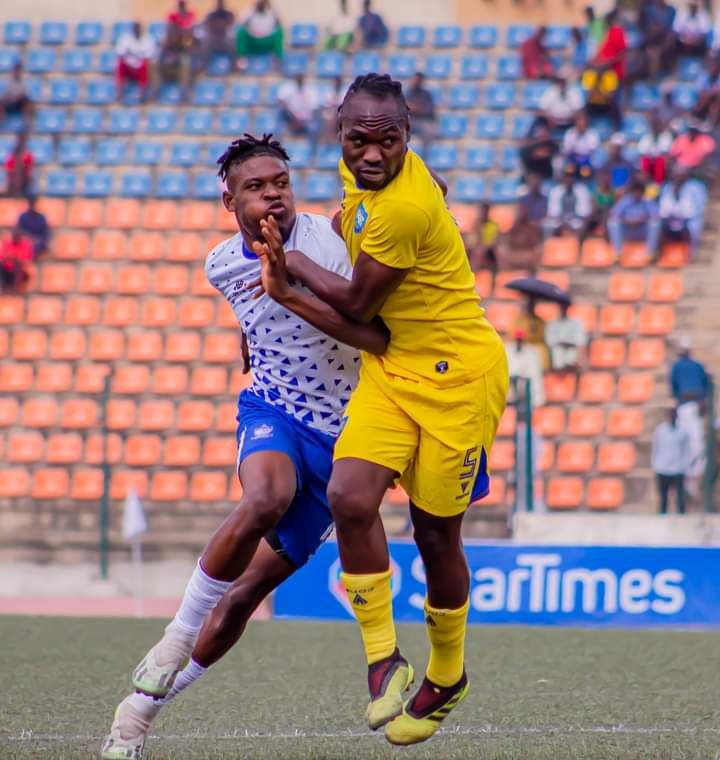
Despite a promising start that included a nine-game unbeaten run and a brief stint in the top three positions in the past, the Savannah Tigers’ form sharply declined as the season progressed.
Key matches turned into missed opportunities, and the team found itself languishing in the relegation zone by the end of the season. Doma United’s story is one of rapid ascent followed by a stark decline.
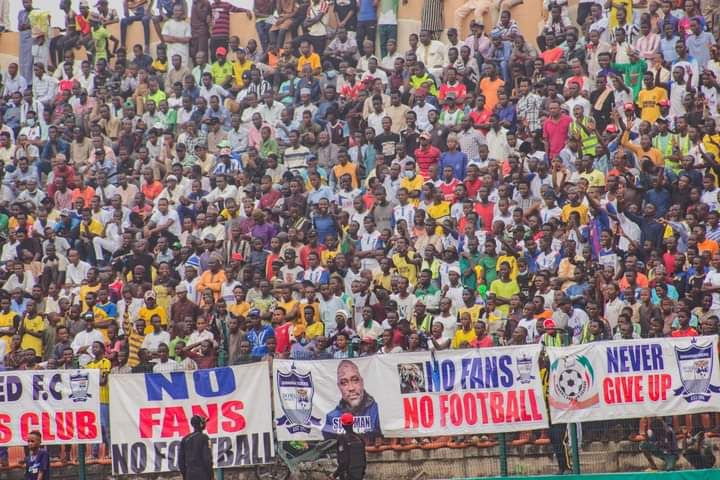
After qualifying for the NPFL in 2022, they were seen as a club on the rise, capturing the imagination of fans with their vibrant play and community support.
By the final weeks of the season, Doma United was deeply entrenched in the relegation zone. A critical rescheduled match against Sunshine Stars on June 19, 2024 in Akure, ended in a 1-0 defeat, leaving them on the brink of relegation.
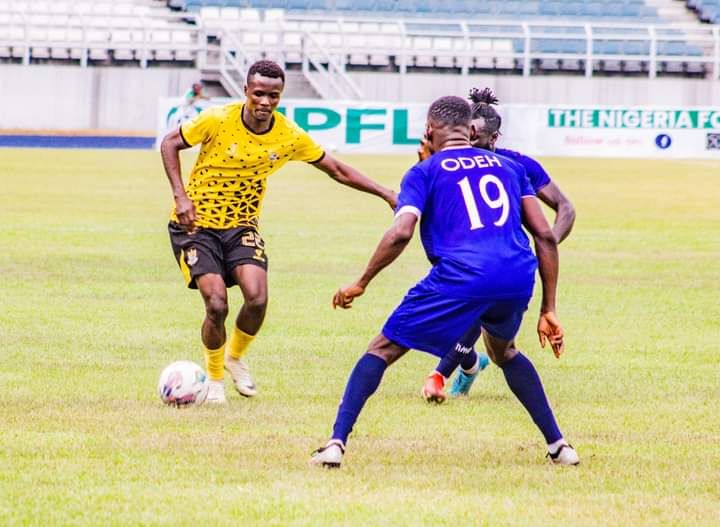
With this loss, their position was sealed as they could not muster enough points in their remaining games to escape the drop.
Their relegation was confirmed despite a final effort against Abia Warriors, which could not reverse their fate. They ended the season with a disappointing tally of only one win in their last 18 league games, making their drop to the NNL inevitable.
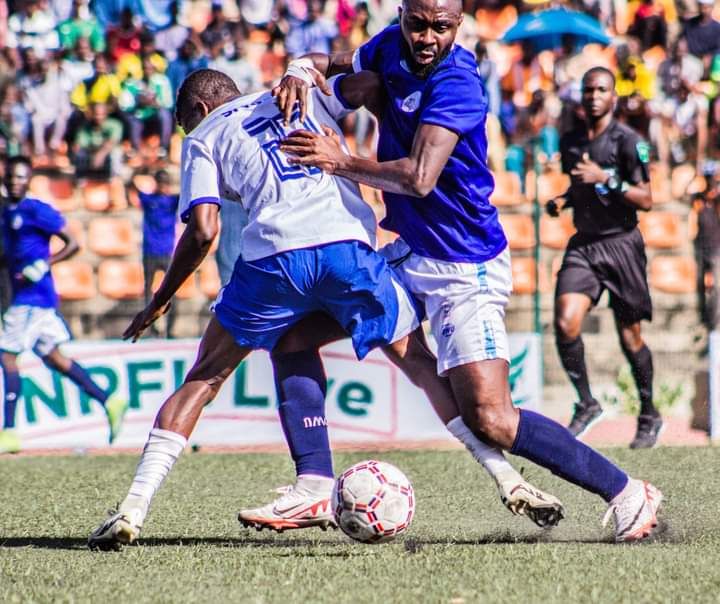
However, the 2023/24 season exposed the vulnerabilities in their management structure and financial stability, leading to a precipitous drop back to the NNL.
As they prepare for life in the lower league, the focus for the Savannah Tigers will be on restructuring their management, resolving financial issues, and rebuilding a team capable of making another bid for top-flight football.
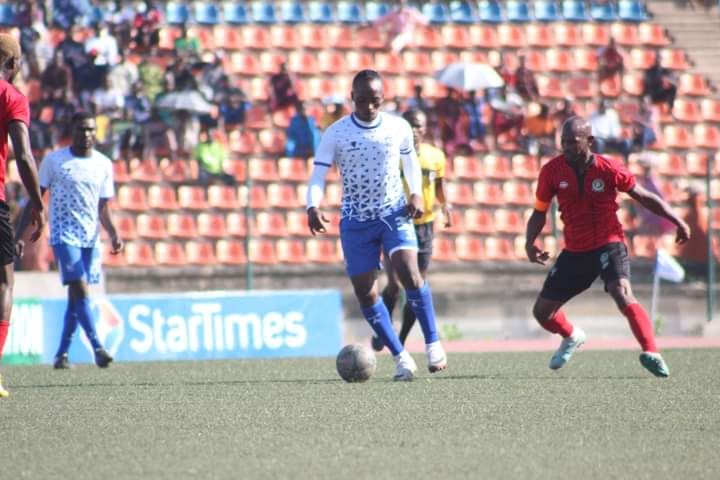
Their journey from a promising start to a dramatic fall serves as a cautionary tale of the fragility of success in football without solid administrative foundations.
All pictures are credits to the Nigeria Premier Football League, Remo Stars, Sporting Lagos, Ikorodu City FC, and Doma United.
